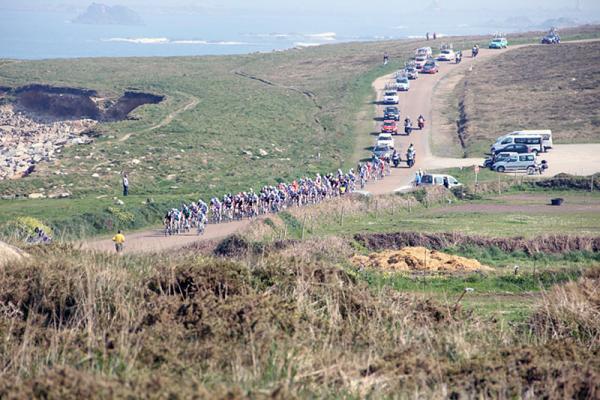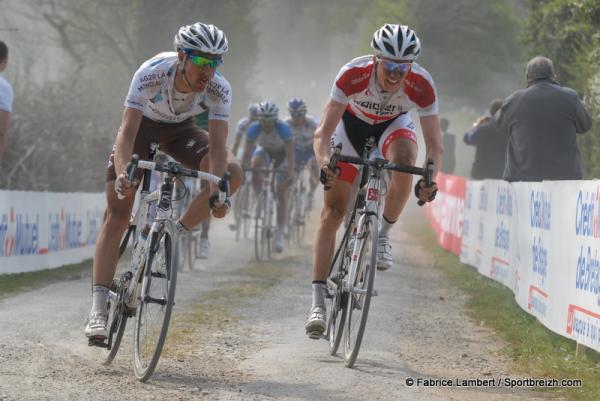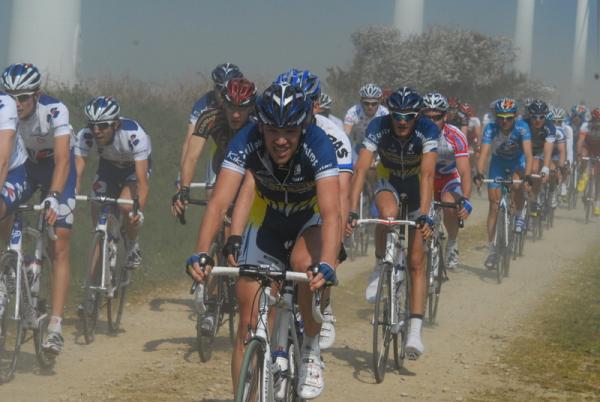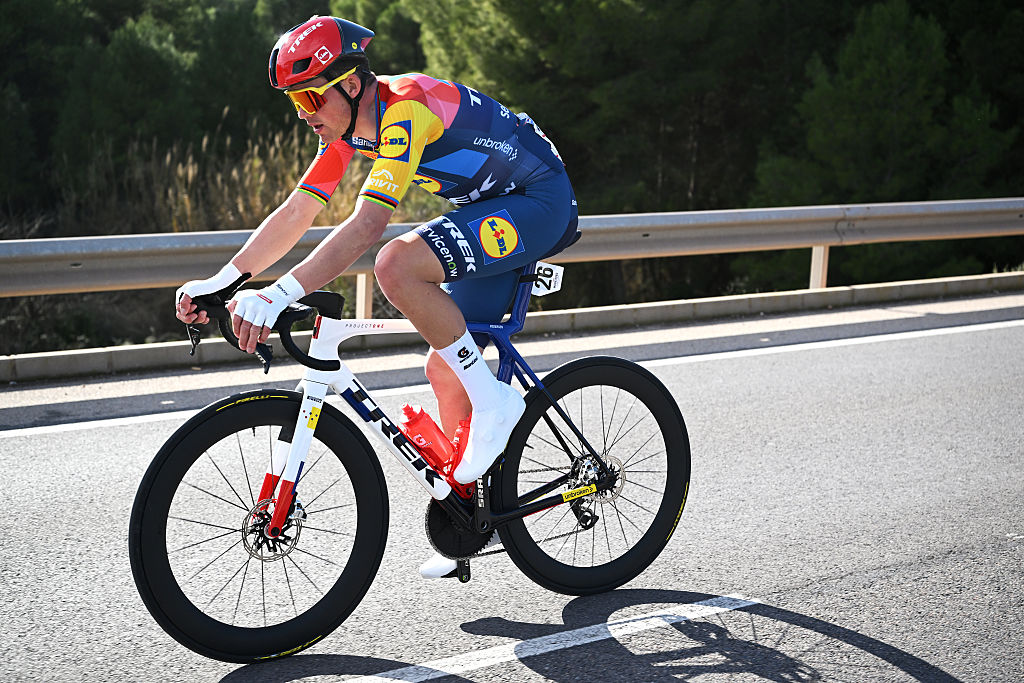Non-asphalted paths to the Tour, suggests Tro-Bro Léon organizer
Special roads in Brittany would be like the 'strade bianche' stage in Giro
The latest race content, interviews, features, reviews and expert buying guides, direct to your inbox!
You are now subscribed
Your newsletter sign-up was successful



One week after Brittany hosted the Tour de France, the Tro-Bro Léon's organizer says he expects the race to go back to the region as soon as possible and use the non-asphalted roads of his own race, a French Cup event ranked 1.1 in the UCI calendar.
"It would add some spice to the first week," Jean-Paul Mellouët told Cyclingnews. "Such a stage would be like the 'strade bianche' day in the Giro d'Italia."
Created in 1984, the Tro-Bro Léon explores the countryside around Lannilis, Finistère, the most Western part of Brittany. The course includes 34 kilometres of 'ribinou,' the local non-asphalted paths used by farmers to go to their fields. Some Flemish experts have won it, notably Jan Kirsipuu, Jacky Durand, Baden Cooke and Frédéric Guesdon.
Mellouët believes the 'ribinou' in the Tour de France would be safer than the Paris-Roubaix cobblestones that the route took last year. "These paths are not dangerous, even if it rains," he said. "If a rider crashes he falls in the grass on the side of the road."
The organizer dreams that Lannilis will host a stage finish. A bigger town, Brest, is near the 'ribinou' too, with the addition of a Plabennec sector about ten kilometres from the line.
FDJ's manager Marc Madiot, a steadfast supporter of Tro-Bro Léon, is pushing ASO for such a stage on the Tour, Mellouët explained. He is hoping to see Christian Prudhomme as a VIP at his race but Mellouët notices it happens a few days before the Ardennes Classics, which are run by ASO.
The winner of this year's Tro-Bro Léon, held on April 17 was Europcar's Vincent Jérôme, the current "lanterne rouge" in the Tour.
The latest race content, interviews, features, reviews and expert buying guides, direct to your inbox!
The Breton one-day race should include new 'ribinou' next year, according to its organizer, notably a "KoppenBreizh", one kilometre long track with a three hundred meter steep climb, so called in tribute to the famous ascent of the Tour of Flanders.
